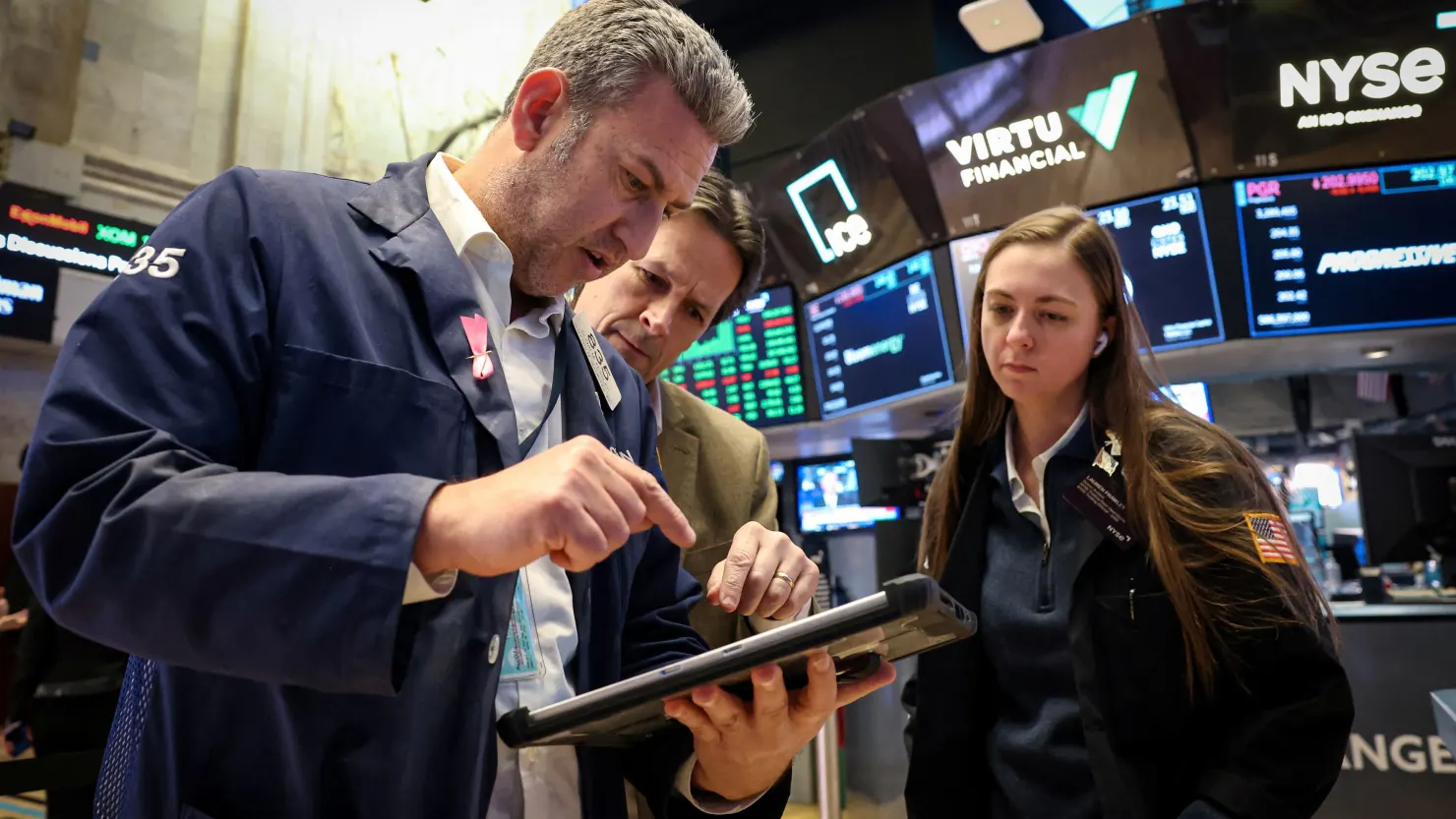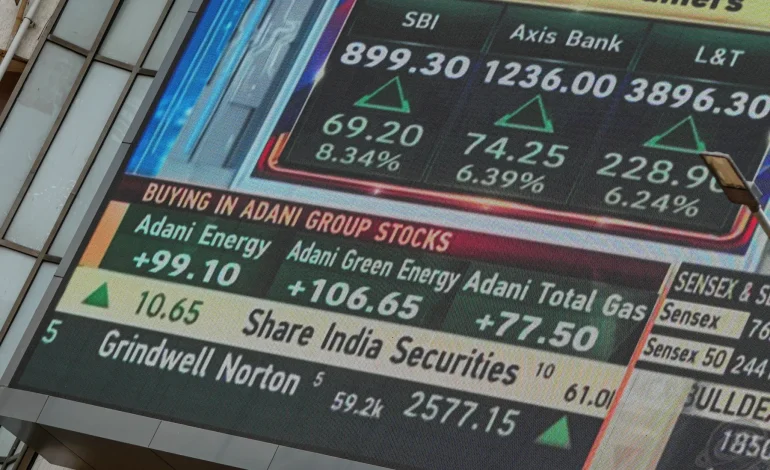Federal law enforcement is ramping up efforts to combat a wave of stock manipulation schemes involving obscure Chinese companies listed on US exchanges, the Wall Street Journal reports.
The scams, which typically target American retail investors through social media, resemble traditional “pump-and-dump” operations, with dramatic price spikes followed by rapid collapses that leave investors with heavy losses.
One such investor, Braden Lindstrom, a college professor from Utah, lost $80,000 after being encouraged—via WhatsApp messages from someone posing as a financial adviser—to invest in Jayud Global Logistics, a small Chinese shipping company listed on Nasdaq. The company’s stock price soared temporarily before falling by over 96%, following a pattern that experts say has become increasingly common in recent years.
According to traders, analysts, and regulators, these schemes often begin with persuasive online promotions for little-known Chinese companies. Investors are drawn in by the promise of rapid gains and the appearance of legitimacy, as the companies are listed on recognized US exchanges. But behind the scenes, shares are often acquired cheaply by a small group of early investors or insiders, who sell off their holdings once the price rises, leaving later buyers exposed to sudden losses.
The US Department of Justice has made addressing these schemes a priority, forming a dedicated team within its criminal division.
“We aim to identify and root out these bad actors, deter misconduct, and recover funds where possible,” said Matthew Galeotti, who leads the department’s criminal enforcement efforts.
The scope of the issue is significant. Since 2020, nearly 60 China-based companies have gone public on Nasdaq through small initial public offerings (IPOs), each raising less than $15 million. More than one-third of them have seen single-day price declines of 50% or more, according to FactSet. In some cases, such companies are suspended from trading entirely.
One high-profile example involved China Liberal Education Holdings. In March, seven individuals—allegedly part of a trading ring—were charged with fraud related to a pump-and-dump scheme that authorities say generated more than $480 million in illegal profits. US prosecutors seized $214 million in assets after a brokerage firm alerted regulators to suspicious trading activity.
Lindstrom’s case is one of many. He and other victims were told Jayud Global Logistics would soon be acquired by a larger firm—claims that never materialized. After the stock collapsed, he was invited to invest in another small Chinese company, Lixiang Education Holding, but declined. Lixiang’s stock also experienced dramatic price fluctuations and now trades at a fraction of its peak.
Other victims include a commercial property manager in California who lost $320,000 and an investor in Missouri who lost $54,000. Many were introduced to the investments through ads on platforms like Facebook and Instagram. Meta, which owns both, stated it is testing tools including facial-recognition technology to detect and block fraudulent investment ads. However, critics argue more action is needed.
The Financial Industry Regulatory Authority (Finra) has issued warnings since 2022 about the risks associated with small IPOs, particularly those that involve overseas companies. According to Bryan Smith, a senior vice president at Finra, signs of fraud often emerge soon after these companies go public, especially when shares are placed with insiders rather than the broader market.
Nasdaq, for its part, says it has increased scrutiny of such listings and accelerated the delisting process for companies that trade below $1. The exchange says it continues to work with other regulatory bodies to investigate potential manipulation.
Another company under scrutiny is NetClass Technology, which went public in December. Its shares surged from $5 to over $50 before falling back to around $2. The company says it cannot explain the volatility but remains committed to transparency.
Some market experts suggest the manipulation now even targets short sellers—investors who bet a stock’s price will fall. According to trader Nathan Michaud, manipulated price spikes can pressure short sellers into buying back shares at high prices, inadvertently contributing to the scheme.
For investors like Lindstrom, the experience has been deeply disillusioning. He has since joined a support group of nearly 100 people who together lost an estimated $9 million in the Jayud investment.
“It puts a dent in your faith in human nature,” he said.










The latest news in your social feeds
Subscribe to our social media platforms to stay tuned